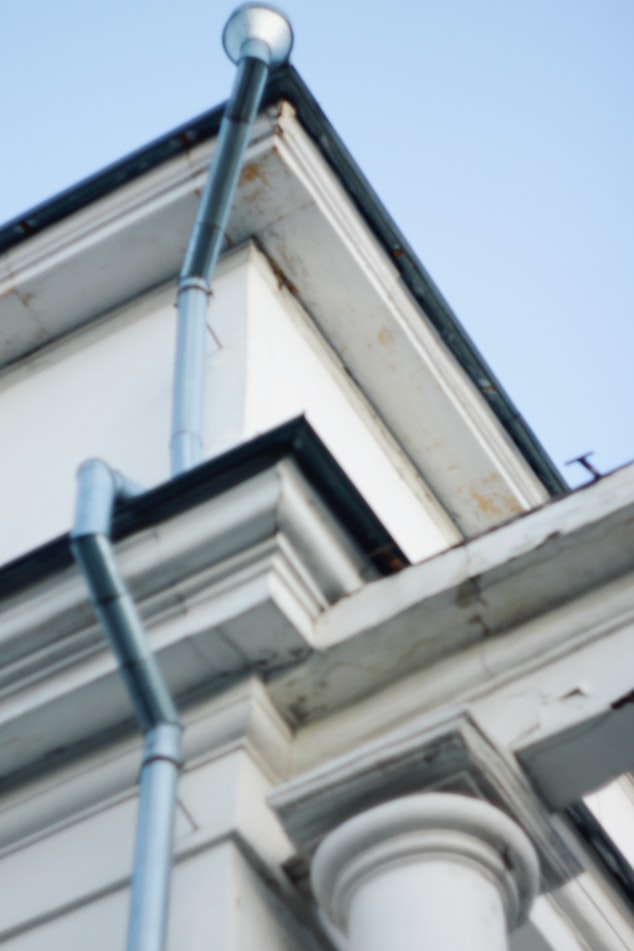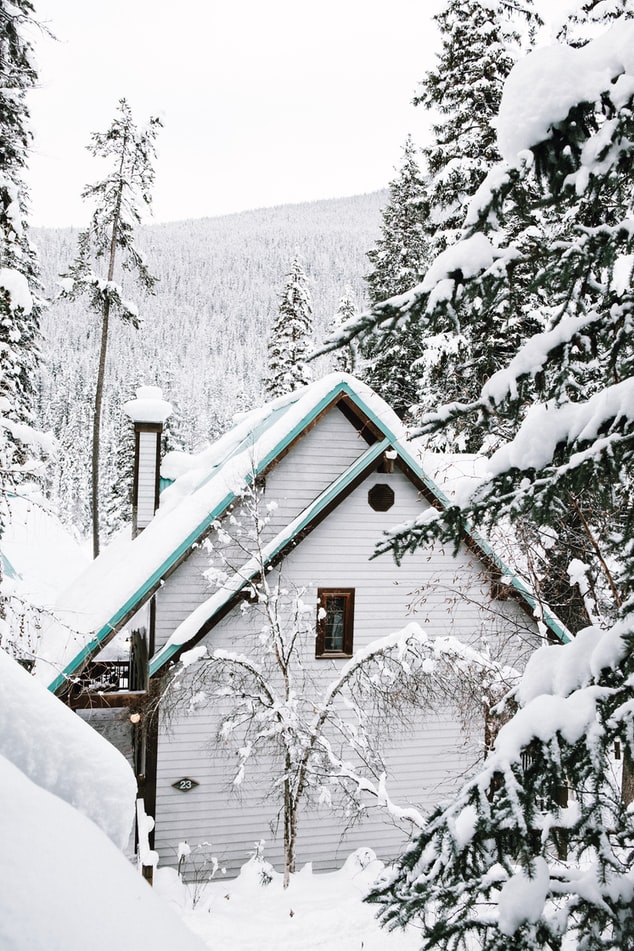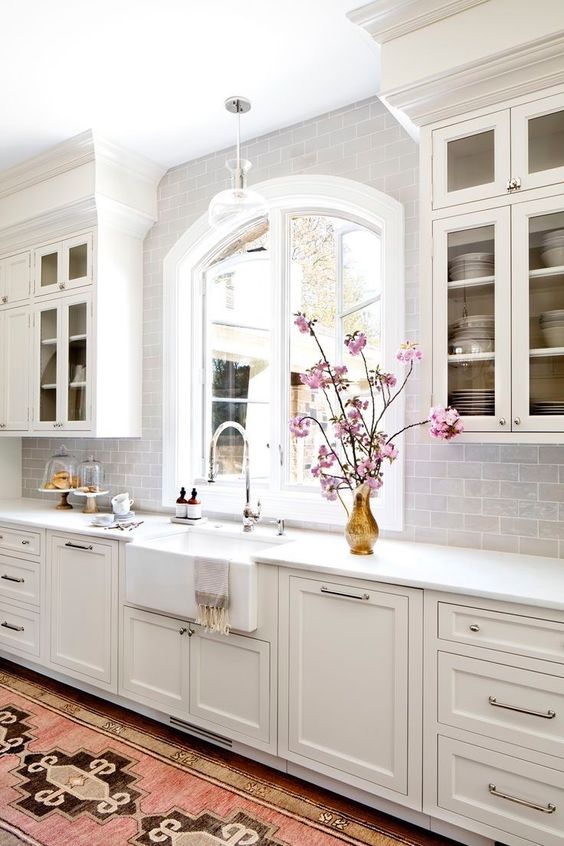Our homes are our safe reprieves away from the world. In these walls, we get to decide how our world should look, who matters most to us, and what helps us relax!

Photos By: Unsplash
Unfortunately, as fun as it is to look at real estate for sale in Whistler or consider buying a home in Toronto, the reality of taking care of a property can be harsh. If you want to stay on top of everything and avoid the pain of getting caught off guard with a huge expense or issue: here are the five home maintenance tasks you should remember.
Test Your Sump Pump
The last thing you want is for your basement to flood the moment you’re out of town. Every four to six months, check to ensure that your sump pump is draining correctly. It takes just a couple of minutes to confirm, and then you can go back to ignoring that it exists. A neglected sump pump can cause a couple of inches of water to build up. That couple of inches of water can ruin carpets, will force mold and damage into drywall, and could cost you tens of thousands to repair: think ahead and check it.
Clear Your Gutters
Gutters have to be cleaned for more than just aesthetic purposes. If you allow leaves to build up, not only does it put you at higher risk of flooding because of low water release, it can cause larger problems. Clogged gutters may force a berg of ice to form on your roof, which may cause leaking, sagging, and possibly even a caved-in roof. Please pay attention to your gutters and either clean them or install gutter covers to block out any debris that would clog them.

Check Your Water Heater
A water heater is the star of any home. Not only does it allow us to take long hot baths, we need it several times a day to wash our hands thoroughly. Check your water heater to ensure it doesn’t need anything changed out or filtered. If you notice new leaks, or anything unsettling, ask a professional to look at it.
Check Your Chimney
Nothing brings cozy and familiar family memories to mind like a warm roasting fireplace. Unfortunately, if you don’t have your fireplace checked out often enough, you could be putting your entire household’s health at risk. Have a professional come in once a year to ensure your opening and closing hatch still work and that nothing is blocking it that could cause the smoke to gather inside your home.

Have Your HVAC System Checked
Although you may think that your air conditioner and heater will work correctly forever, the moment you need them most is usually the moment they give out. To avoid this issue, and give yourself the chance to take care of problems before they happen, have a professional come out to check your systems at least once a year. This task is routine maintenance and will ensure that everything stays in a constant good state. If any problems may happen down the line, a professional will be able to warm you and help you avoid them.







